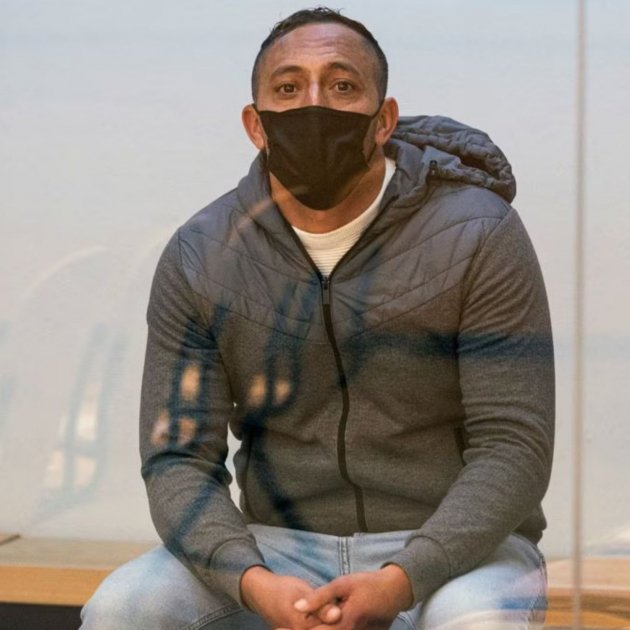It is not a usual practice, but the Spanish government has agreed to allow the terrorist Driss Oukabir, one of those convicted for the jihadist attacks of August 17th and 18th, 2017, on Barcelona and Cambrils, to be expelled from Spain and delivered to the authorities in Morocco. Oukabir was sentenced to 36 years' imprisonment for the Islamist attacks that left 16 dead and 140 injured. Now Spain is to hand him over to Morocco to serve the rest of his sentence in a prison in the North African country.
Spanish government sources have confirmed that the man who played a supporting role in the terror attacks by renting the van which Younes Abouyaaqoub used to run over dozens of people will be deported to Morocco, his country of origin. The interior ministry opened deportation proceedings quite some time ago and when the terrorist was convicted in May 2021, it was then agreed that he would serve the remainder of his prison sentence in Morocco.
It is not necessary for any judge to authorize it, as it is an administrative procedure that was agreed between governments and, for now, although it could have been appealed, it has not been. It is not yet clear when he will be expelled and handed over to Morocco, but it is expected to be during this month of March. The terrorist will be able to be closer to his place of origin, and serve his sentence in a Moroccan prison.
Member of the Ripoll terrorists
Driss Oukabir was part of the terrorist cell from Ripoll, a town in the Catalan Pyrenees, who undertook a plan to carry out a terror attack in Catalonia under the orders of an imam who encouraged their radicalization. All the material perpetrators of the murders of those two days of horror in 2017 were shot down by the Mossos d'Esquadra police and the only ones who could be tried were those accused of taking part in in the organization, like this man. His younger brother Moussa Oukabir was a member of the cell and was killed by police in the coastal town of Cambrils.
The explosion of the house that the group was using in Alcanar, in the very south of Catalonia, precipitated all the terrorists' actions. The imam Abdelbaki Es Satty, the intellectual leader of the group, died in that explosion and that was when 22-year-old Younes Abouyaaqoub, who like the other terrorists was a resident of Ripoll, travelled to Barcelona in the van and ran over many dozens of pedestrians on the city's famous Rambla at around five in the afternoon; 14 died there and over a hundred were injured. The terrorist abandoned the van, and fled the central city on foot, on the way stabbing another man to death in order to steal his car and escape from Barcelona. That night, most of the other members of the cell staged the second attack, at the seaside town of Cambrils, where they were shot by Mossos police. The Rambla murderer, Abouyaaqoub, was in hiding for three days until he was located and shot by the Mossos in a vineyard on the outskirts of metropolitan Barcelona. Controversy has continued to hang over the case, particularly due to the admission by Spanish authorities that the imam Es Satty had been an informer for the Spanish security services but their refusal to clarify the nature of their relationship with him.
